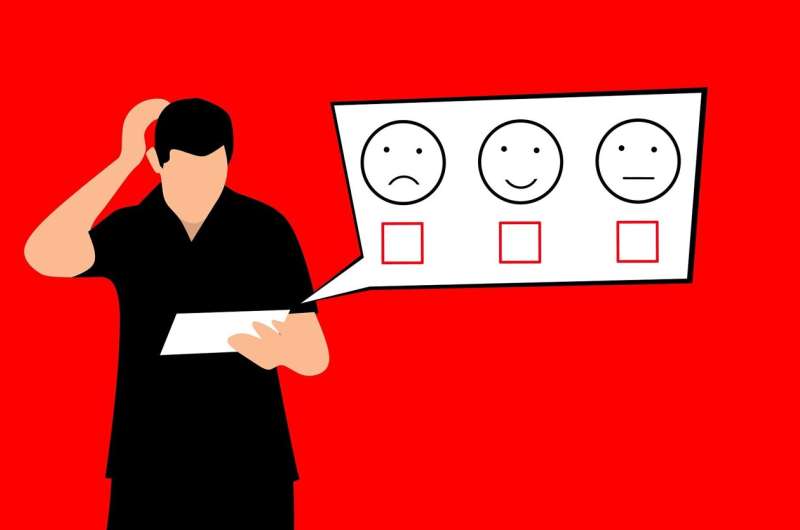This article has been reviewed according to Science X's editorial process and policies. Editors have highlighted the following attributes while ensuring the content's credibility:
fact-checked
proofread
Teachers apply unequal criteria when assessing giftedness, finds study

Researchers at the Universities of Tübingen and Maastricht have found that teachers are one and a half times more likely to suspect that boys are gifted than girls who are equally gifted. Moreover, the researchers say, teachers are more likely to rate children from families with a high level of education as highly gifted. The study has been published in the journal Gifted Child Quarterly.
The researchers draw attention to a particular problem when it comes to supporting gifted students—because it is the teachers who nominate students for some support programs, some groups are systematically disadvantaged, regardless of their abilities, motivation or personality. Only after assessment by the teachers do further tests follow—for example standardized intelligence tests—as a prerequisite for access to certain support programs.
"Teachers should question their ideas of giftedness," says Jessika Golle, assistant professor at the Hector Research Institute of Education and one of the authors of the study. They were often guided by misconceptions, or selected children whom they assumed could do well in the support programs, according to the study.
Common perceptions of how giftedness is expressed in children are good performance in school, high motivation and creativity, and above-average social skills. However, gifted children are often also seen as emotionally vulnerable and less sociable and are associated with problematic behavior.
To find out what actually leads teachers to assess a child as gifted, the researchers evaluated data from a long-term study in the Netherlands. Some 27,000 sixth-grade students and about 1,300 teachers were surveyed for the data set.
The children completed a test that mapped their general cognitive ability, as well as tests showing their academic performance, and answered a questionnaire that established their personality traits. At the same time, teachers were asked to assess the child's behavior and answer whether they thought the child was gifted or not.
The researchers found that students who were classified as gifted showed higher levels of general cognitive ability and higher academic achievement; they were more open-minded, and they were more sociable than the students who were not classified as gifted. Furthermore, the children judged to be gifted were more likely to be younger and male and to come from families with a high level of education compared to other children.
"It was also interesting that among students with the same abilities and motivation, those whose behavior was less agreeable were more likely to be classified as gifted," Golle says. This reveals the persistent stereotype that gifted people are socially awkward and more difficult to deal with.
"I think it is important that teachers become aware of such implicit prejudices, otherwise girls and students from low-education backgrounds will be systematically disadvantaged," says Trudie Schils from Maastricht University. "The teachers' role in the selection process should be challenged because, after all, it is usually a teacher who identifies a child's need for support at an early stage."
More information: Jessika Golle et al, Who Is Considered Gifted From a Teacher's Perspective? A Representative Large-Scale Study, Gifted Child Quarterly (2022). DOI: 10.1177/00169862221104026
Provided by Eberhard Karls Universität Tübingen




















